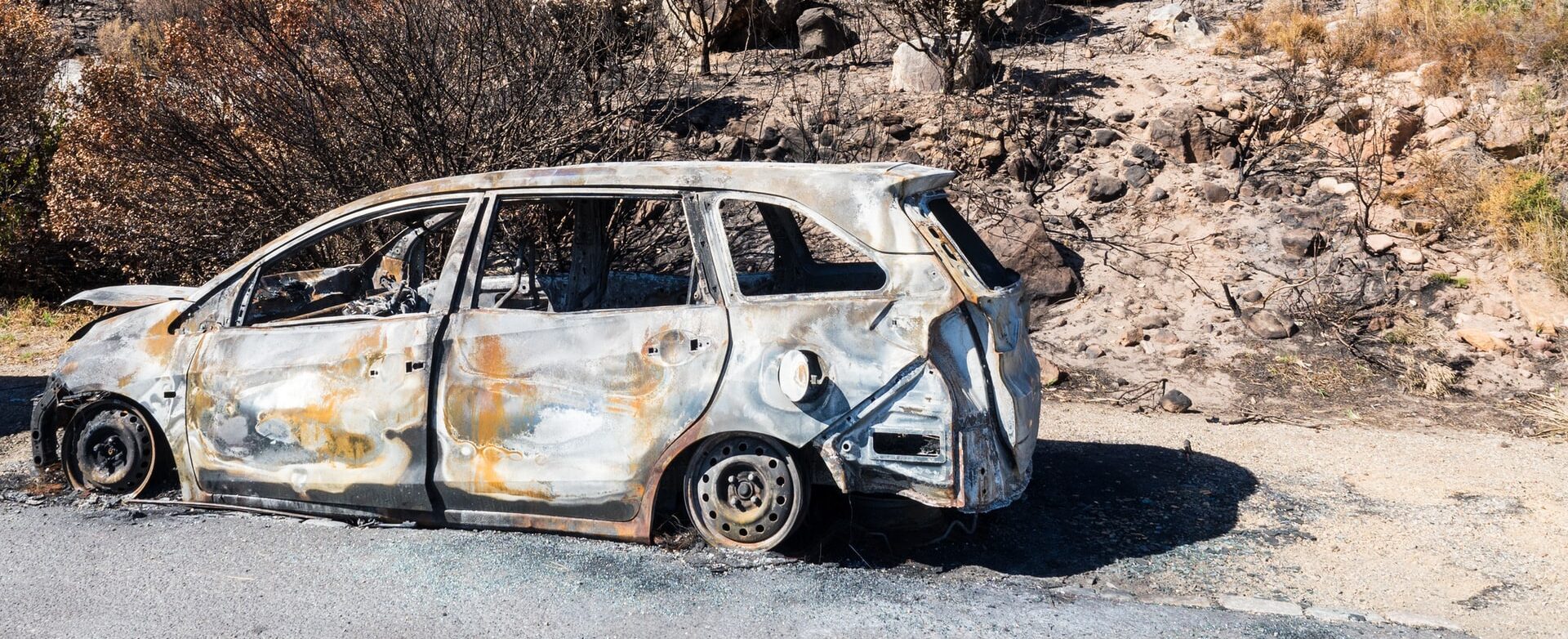When you ask a first responder about trauma, they would describe a physical injury. And they are right. Physical injuries, such as a gun shot wound or those from a car accident, are traumas. Medical professionals are looking at trauma by its effect on body structures. But mental health professionals usually speak of trauma in a different sense.
What Is Trauma Then?
Trauma is in intensely disturbing experience that overwhelms a person’s ability to cope with it.You typically experience very strong emotions, such as fear, during or after the event. And usually, you are pretty helpless while the traumatic event is happening to you.
So, watching someone get shot, or getting shot yourself, can be traumatic. Many people experience fear or terror watching someone injured so badly. And they would probably feel pretty helpless if they’re not able to stop the shooter or help the victim.
The Diagnostic and Statistics Manual (DSM 5) goes a step further when defining trauma. When it comes to Post Traumatic Stress Disorder (PTSD), the traumatic event must involve, injury, or sexual violence. The threat of any of these would also qualify. The DSM 5 says that you must either experience the event directly, you must witness it, or you must learn of it’s impact on someone close to you. The DSM 5 also has provisions for people who are repeatedly exposed to other people’s traumatic experiences through their career, such as first responders and nurses.
Big T Trauma
Big “T” traumatic experiences are exactly what you might think they are. These are the things that involve death, injury, or sexual violence. A few examples are:
- Murder
- Sexual Assault
- Tornados
- Wildfires
- Earthquakes
- War
- Severe Car Accidents
Often, people think only war or sexual assault cause PTSD. But any of these Big “T” traumatic events are enough to cause symptoms and qualify for a diagnosis of PTSD.
Little T Trauma
While little “t” traumas do not usually involve a threat of death or injury, they still have a significant affect on a person. Little “t” traumas also cause intense emotional disturbance. These events include things such as:
- Bullying
- Divorce
- Non-life threatening injuries
- Emotional abuse
- Moving
While these “smaller” events don’t have the risk of loss of life attached to them, they can be more emotionally distressing than big T traumas. However, you would not be diagnosed with PTSD as a result of these. Your experiences are valid and your distress is worth treating even with these little “t” traumas.
Does Traumatic Exposure Mean You Will Get PTSD?
Not everyone who experiences trauma develops PTSD. In fact, most people who experience trauma do not develop PTSD symptoms. It is important to remember though, what is traumatic for one person may not be traumatic to another person. It is only the individual’s perception of their own experience which matters. So someone may experience something that many people would consider trauma, and they don’t consider it traumatic. Other people might experience something that is less obviously traumatic, but they’re very much affected by it.





